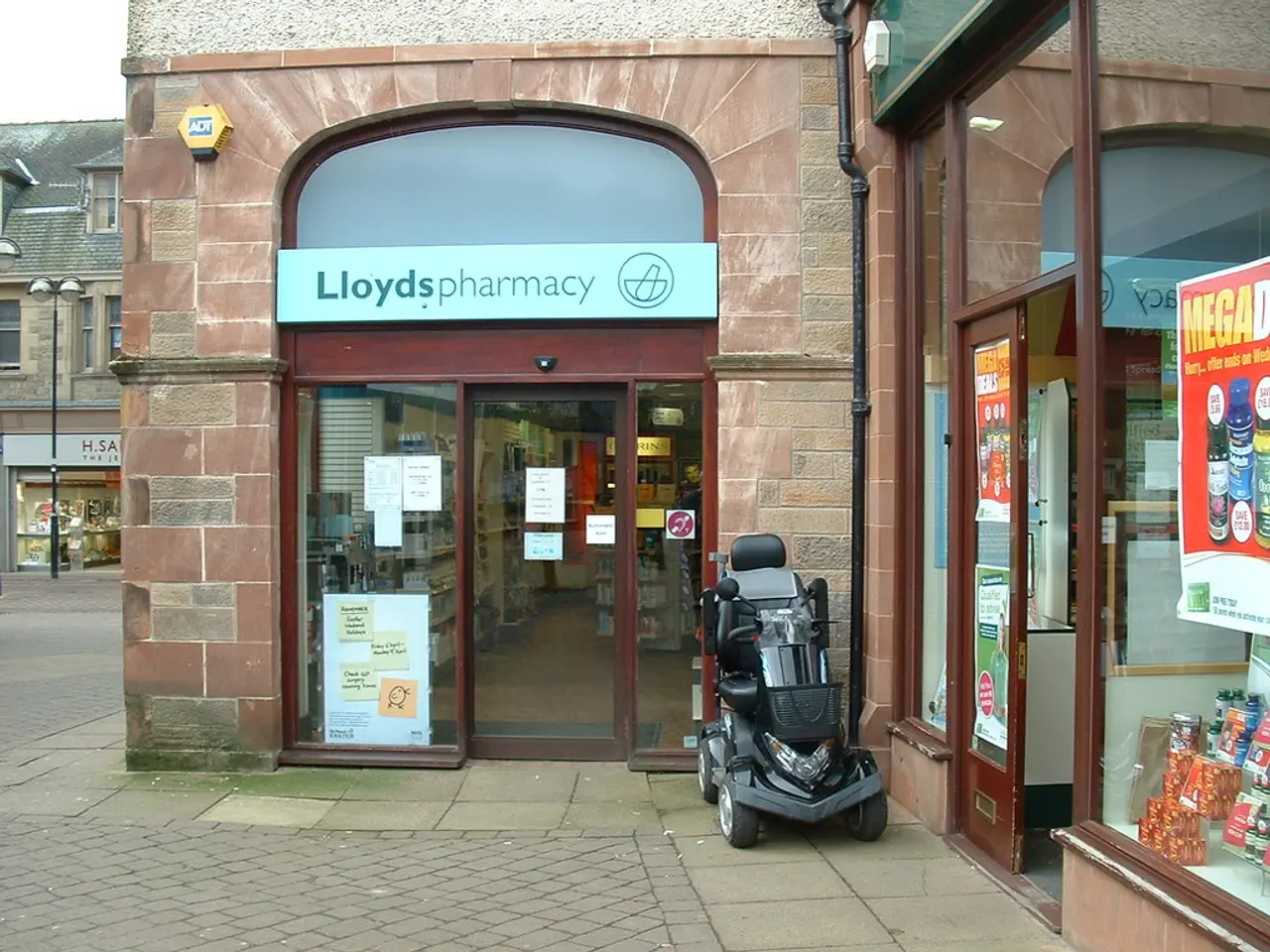Drug center relocation rejection by bunt.saar - "Prioritizing accessibility over symbolic argument debate"
In the heart of Saarbrücken, a heated debate is unfolding around the potential relocation of the city's Drug Assistance Centre. The main arguments against this move revolve around concerns about accessibility for current users, the disruption of established support networks, and the loss of proximity to medical and social services.
The primary apprehension is that the relocation could lead to decreased accessibility, particularly for clients who rely on public transport or have limited mobility. This could result in fragmentation of care, as the current integration with nearby health and social services might be disrupted.
Moreover, the loss of trust and continuity, built over time by clients and staff in fixed locations, is another significant concern. This could potentially increase the risk of unsafe drug use, as clients may find it harder to access harm reduction services provided by the centre.
The voter's alliance, bunt.saar, is vehemently against the relocation of the Drug Assistance Centre. They argue that the services offered by the centre are indispensable for the stabilisation and reintegration of addicted individuals. The centre provides a wide range of counselling, support, and housing services, and its key factor for effectiveness is its low-threshold accessibility.
Frank Lichtlein, the chairman of bunt.saar, demands that the facility should remain at its current location unless there are viable alternatives. He believes that a move to another location would be questionable logistically, socially risky, and could make it difficult for those seeking help to maintain contact with the centre.
Bunt.saar appeals to all politically responsible parties to strengthen the existing structures of the Drug Assistance Centre instead of lightly questioning its location. The discussion about the centre's location should be oriented towards the reality of addicted people, focusing on continuity, accessibility, and reliability.
While further research is needed to understand the specific implications of this relocation for Saarbrücken, these concerns align with common issues documented in similar relocation debates for harm reduction and drug assistance services in urban areas. If you need precise details about the Saarbrücken case, it may be necessary to consult local government sources or news reports for arguments presented by community groups or service providers.
The fear is that the relocation could cause a decrease in accessibility for vulnerable clients, disrupting current support networks and potentially increasing the risk of unsafe drug use due to the lack of proximity to health and social services. Furthermore, the disruption could lead to a loss of trust and continuity, which are crucial for the centre's effectiveness in providing mental health, science-based therapies, and health-and-wellness services.




